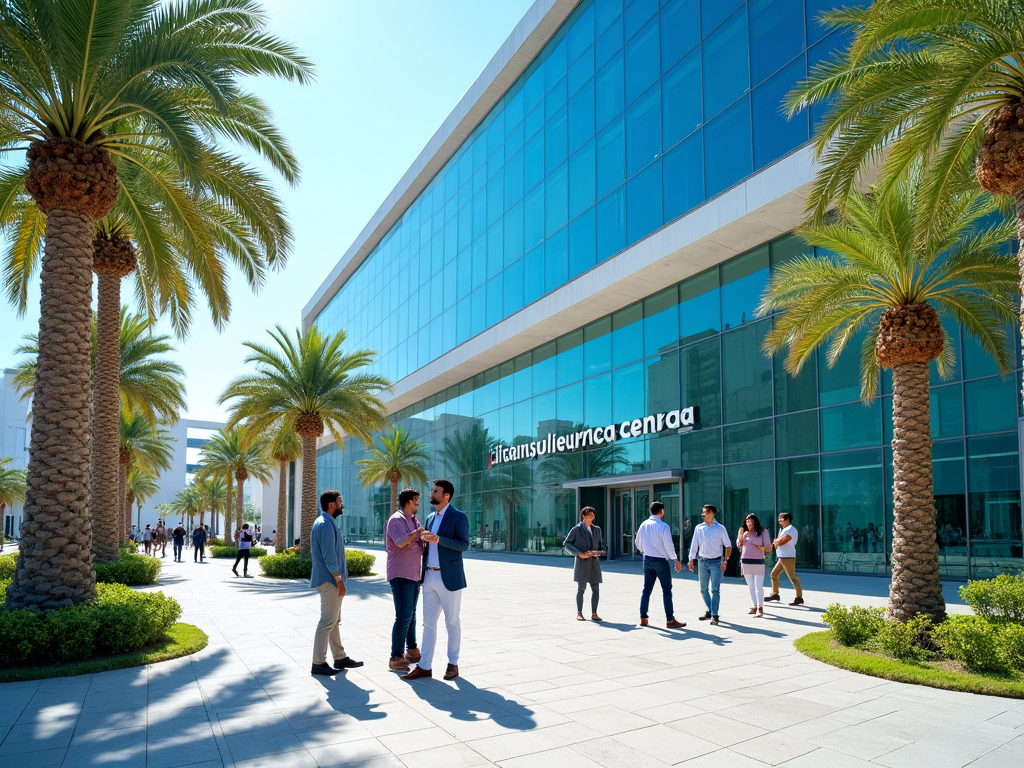As businesses continue to explore offshore opportunities, the International Free Zone Authority (IFZA) in Dubai has emerged as a compelling option for entrepreneurs. The future of IFZA license costs seems dynamic, influenced by various economic factors and evolving business environments. This article delves into anticipated trends and predictions that could shape the cost landscape of IFZA licenses. We will analyze current pricing structures, potential changes influenced by regulatory shifts, and emerging market trends that may affect future costs.
Current IFZA License Costs: An Overview

Before diving into future projections, it’s essential to understand the existing costs associated with obtaining an IFZA license. Currently, the price for an IFZA license can range significantly based on the type of business, the number of visas required, and the operational needs of the company. Key costs typically include:
- License Fee: The basic charge for obtaining a business license.
- Office Space: Costs related to leasing office space within the free zone.
- Visa Costs: Fees for employee and investor visas.
- Registration Fees: Administrative expenses incurred during the registration process.
- Renewal Fees: Costs associated with renewing licenses annually.
These costs can vary depending on the nature of business activities and the level of government services required. Understanding these components is critical for businesses considering expansion or entry into the Dubai market.
Factors Influencing Future License Costs

Several factors are likely to shape the future of IFZA license costs as the economic landscape continues to evolve. Firstly, changes in government regulations can directly impact the pricing models. As authorities aim to attract foreign investments and foster business growth, there may be enhancements or reductions in fees. Additionally, inflation and currency fluctuations in the region can also influence costs, as operational expenses might rise. Market competition is another critical factor; as more free zones emerge, IFZA may adjust pricing strategies to remain competitive. Lastly, technological advancements and digital transformation within the business framework may lead to altered administrative processes, which could either increase or decrease costs.
Looking forward, several trends are anticipated to have a significant impact on IFZA license costs. Firstly, a move towards more flexible pricing strategies could emerge. Free zones may increasingly adopt subscription-based models, charging businesses based on services utilized rather than flat rates. Secondly, we may see a trend towards enhance tiered pricing, where different categories of businesses enjoy distinct pricing structures tailored to their size, industry, and operational complexity. Thirdly, sustainability and green business practices will likely play a role; businesses adopting eco-friendly practices may benefit from reduced licensing fees or incentives. Lastly, increased competitive pressure may push IFZA to introduce promotional pricing or discounts to attract more foreign companies.
Conclusion
In summary, the future of IFZA license costs is poised for change, driven by a confluence of factors such as regulatory amendments, market competition, and technological advancements. Businesses considering the IFZA as a launchpad should stay informed about these trends to adapt their strategies accordingly. Understanding both existing costs and potential future changes will empower companies to make informed decisions crucial for successful international operations.
Frequently Asked Questions
1. What is the typical cost of an IFZA license?
The cost of an IFZA license varies but typically includes a license fee, office space rental, visa costs, registration fees, and renewal fees, totaling anywhere from a few thousand to several tens of thousands of AED.
2. Can IFZA license costs change over time?
Yes, IFZA license costs can change based on regulatory updates, economic conditions, and the introduction of new pricing models or government initiatives aimed at attracting business.
3. Are there any incentives for eco-friendly businesses within IFZA?
While there may not be universal incentives currently, emerging trends suggest that businesses practicing sustainability could benefit from reduced fees or other incentives as part of government efforts to promote green practices.
4. How frequently do businesses need to renew their IFZA licenses?
IFZA licenses typically require annual renewal, which includes paying renewal fees and meeting any updated regulatory requirements set by the authority.
5. Is it advisable to consult with an expert before applying for an IFZA license?
Yes, consulting with a business setup consultant or legal advisor can provide invaluable insights and help navigate the complexities involved in obtaining an IFZA license, including cost considerations.
